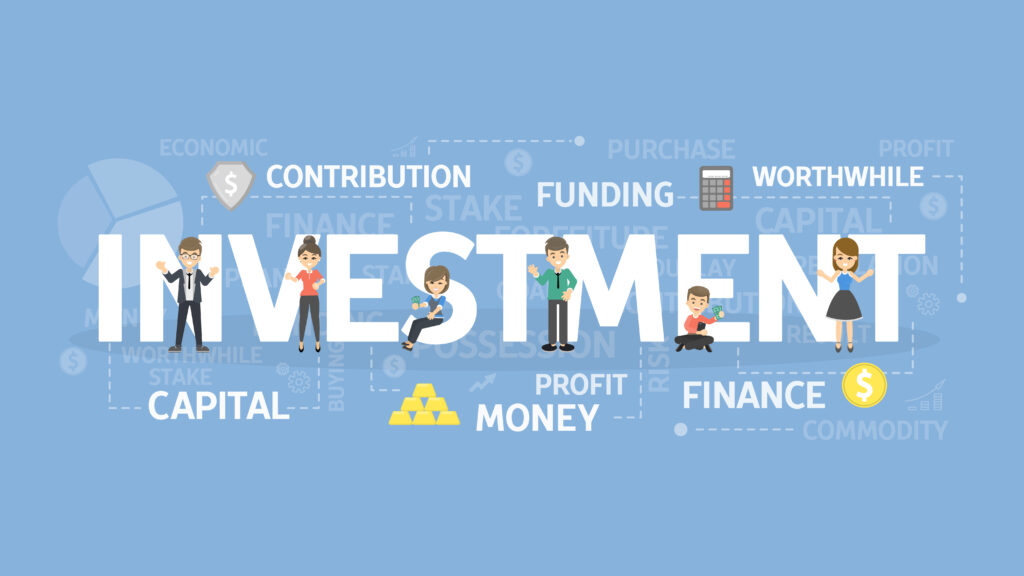
When you start learning about the stock market or business, one word you will hear often is “Equity.”
But what does equity really mean? And why is it so important in the world of finance and investing?
Let’s break it down in simple words — no jargon, no confusion.
What is Equity?
At its core, Equity means ownership.
If you have equity in something — whether it’s a business, a house, or shares of a company — you own a part of that asset.
In the stock market, equity refers to owning a part of a company.
For example:
If you buy shares of Tata Motors, you actually own a small part of Tata Motors itself. This ownership is called equity.
Equity in Business Terms
In a company’s financial world, equity is also called “Shareholder’s Equity”.
It represents:
Assets – Liabilities = Equity
Assets = What the company owns (like cash, property, inventory)
Liabilities = What the company owes (like loans, payments to suppliers)
So, whatever remains after paying all the debts is the company’s equity. This is the real value that belongs to the owners or shareholders.
For example:
| Particulars | Amount (₹) |
|---|---|
| Assets | 10,00,000 |
| Liabilities | 4,00,000 |
| Equity (Net Worth) | 6,00,000 |
This ₹6 lakh is the company’s equity.
Types of Equity
1. Owner’s Equity (in a small business)
If you run your own business, your capital invested in the business is your owner’s equity.
2. Shareholder’s Equity (in a company)
For companies like Infosys, HDFC, or Reliance, the equity is the total value of money invested by shareholders like you and me.
3. Home Equity (for personal assets)
If you own a house worth ₹50 lakh and have a loan of ₹30 lakh, your home equity is ₹20 lakh.
(Home value – Loan = Equity)
Why is Equity Important in the Stock Market?

When you buy equity shares of a company:
- You become a part-owner.
- You can earn returns in two ways:
- Capital Gains (if share price rises)
- Dividends (company shares its profit)
- You get voting rights in the company (for some companies).
Equity investing is popular because it can offer higher returns compared to other options like fixed deposits or gold, especially in the long term.
Equity vs Debt: What’s the Difference?
| Equity | Debt |
|---|---|
| Ownership in a company | Loan given to the company |
| No guaranteed returns | Fixed interest return |
| High risk, high return potential | Lower risk, fixed return |
| Examples: Shares, Stocks | Examples: Bonds, Debentures |
As an equity investor, you share both profits and risks of the business.
Benefits of Equity Investments

✔️ High Return Potential: Equity has historically given better long-term returns than most other investments.
✔️ Ownership in Companies: You become a partner in India’s top companies.
✔️ Dividends: Get extra income apart from price growth.
✔️ Liquidity: Easy to buy/sell in stock markets like BSE & NSE.
Risks of Equity Investments
✔️ Market Risk: Share prices can fall due to market conditions.
✔️ No Guaranteed Returns: Unlike fixed deposits or bonds.
✔️ Company Performance Risk: If the company does poorly, your equity value may reduce.
That’s why it’s advised to invest for the long term and diversify your portfolio.
Who Should Invest in Equity?
- People looking to build wealth over time
- Investors with a long-term goal (5 years or more)
- Those who can handle short-term ups and downs in price
Even if you are a beginner, you can start investing in equity with small amounts via mutual funds or direct stocks.
Final Thoughts
So now you understand the real meaning of equity — it simply means ownership.
Whether it’s in a company’s shares or your own house, equity represents your value or stake in an asset.
In the stock market, equity is a powerful tool to grow wealth, build financial freedom, and become part of India’s corporate growth story.
Start small, stay invested, and let your equity work for you.
Quick Recap:
✔️ Equity = Ownership
✔️ In companies, equity is the value that belongs to shareholders.
✔️ Investors earn returns via capital gains and dividends.
✔️ Equity offers high return potential — but with some risk.
✔️ Long-term investment and patience are key.
